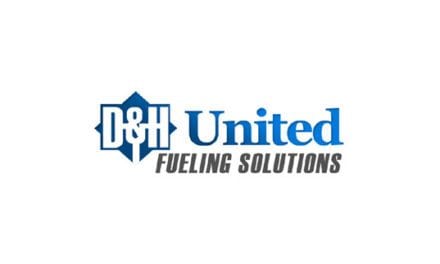The American Coalition for Ethanol (ACE) submitted comments to the Environmental Protection Agency (EPA) on its proposed supplemental rulemaking to the 2020 Renewable Volume Obligations (RVOs) under the Renewable Fuel Standard (RFS).
ACE CEO Brian Jennings detailed three areas in which the proposal falls short in ACE’s written comments, including the proposed rule (1) does nothing to reallocate the 85 Small Refinery Exemptions (SREs) from 2016 through 2018 which eroded more than 4 billion gallons from statutory levels, (2) represents a missed opportunity to restore 500 million gallons unlawfully waived from the 2016 compliance year, and (3) betrays the deal on how to ensure at least 15 billion gallons in the RFS for 2020 and beyond.
ACE’s comments underscore that this proposal does not reflect the original deal, and rather, “in a classic bait and switch, EPA’s proposal brazenly attempts to paper over the fact that actual waived SRE volumes from 2016 through 2018 were double what the Agency is proposing to reallocate for 2020.”
This is another example of EPA’s double-standard with the RFS. “…when it came to helping refineries escape RFS obligations, EPA rejected Department of Energy (DoE) recommendations to exercise restraint, but now that EPA must restore volume to the RFS, the Agency is suddenly embracing DoE recommendations because the result will keep a lid on refinery blending obligations going forward.”
The written comments reinforce this point by referencing direct quotes from interagency review documents posted on regulations.gov which reveal email exchanges between Trump administration officials about the deal reached with the President. An October 11 interagency reviewer commented to EPA that “the alternative is inconsistent with the WH decision last week to ensure that more than 15 billion gallons of conventional ethanol be blended into the nation’s fuel supply beginning in 2020…”
In addition to ACE’s specific comments about the 2020 volume and accounting for future waivers, Jennings’ remarks highlight the radical changes made to the EPA’s handling of SREs with explicit evidence that the Trump administration acknowledges this departure from the norm. The comments also provide data on how the issuance of numerous retroactive SREs impacts the RIN marketplace, and mentions ACE and its allies court challenges to the mismanagement of the SRE provision. The comments conclude by urging EPA to finalize a rule that reallocates the actual average volume waived from 2016 through 2018 and ensures at least 15 billion gallons for the 2020 compliance year.
Utilize ACE’s Action Center to submit comments by the deadline this Friday, November 29.









